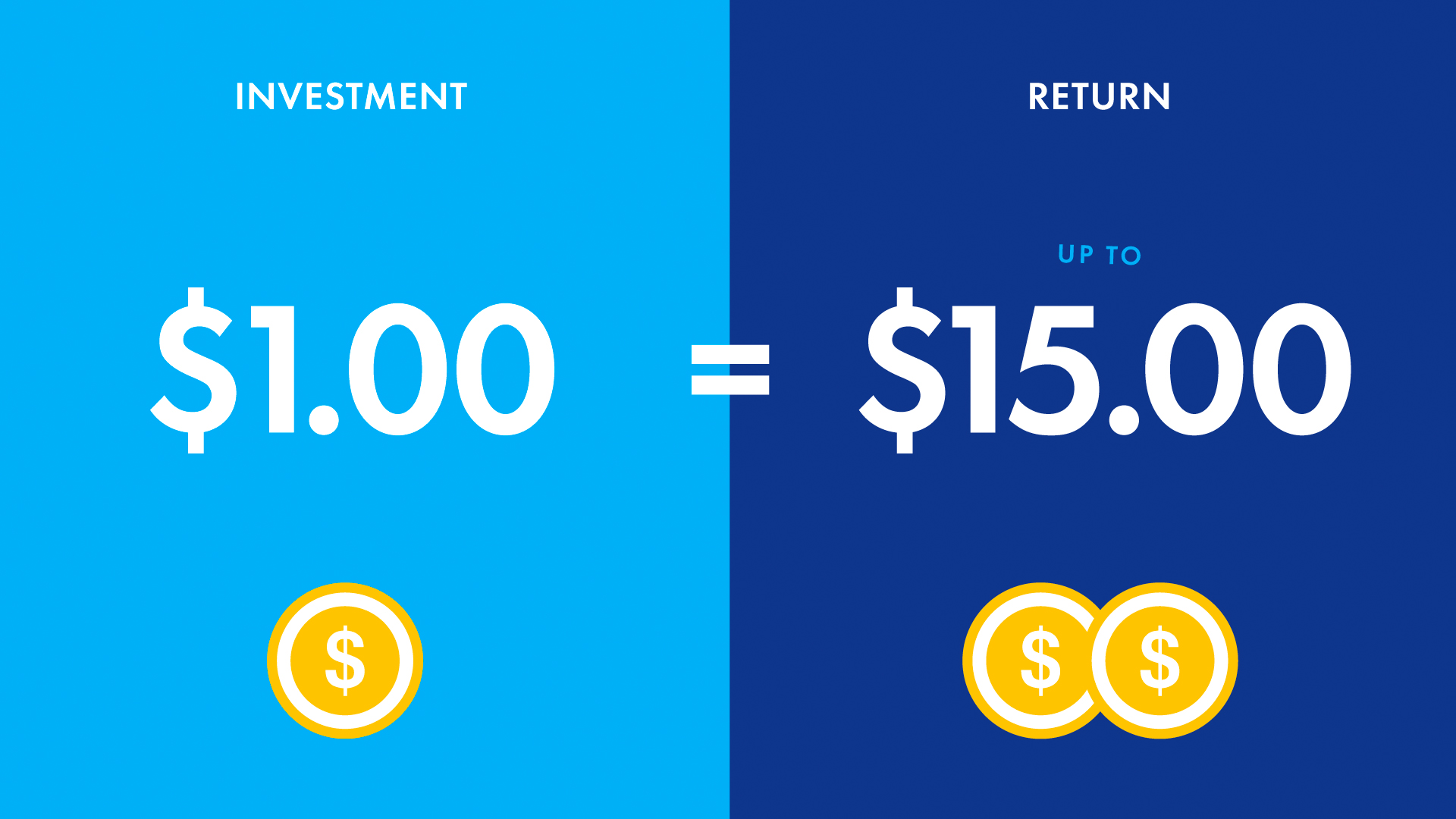Do your employees know you care? Only 56% of staff think so
It’s no secret that improving mental health in the workplace is core to reducing absenteeism, increase productivity, retain stellar staff in the war for talent and support your teams through tough times.

But in spite of clear personal and company benefits, only half of Australian workforces (56%) believe that their leadership values or prioritises mental health.
Why, when three quarters of employees believe companies should have mental health policies in place, do half of our staff (44%) feel unsupported? Somehow, leadership is not getting the message across – partly because employees do not know that these solutions exist.
The disconnect between what leaders may think their perspective is on workplace wellbeing and what employees believe their commitment is, is troubling. And it calls for a much greater prioritisation of proactive mental health employee rights. Here’s why:
Why are workplace mental health obligations important?
Mental health at work is a widespread concern, with major impacts on business and personal success. In fact, 45% of Australians aged 18-45 will be affected by mental health issues in their lifetime. Recent discussions in the media following James Packer’s resignation from Crown Casino have even shown that these issues are prevalent across the entire business hierarchy.
And the movement for premium mental health outcomes is not without vested interest from a business perspective. In fact, a recent report from PWC cites that for every $1 invested in mental health, some Australian businesses can welcome a return of up to $15.

One in every five Australian workers has taken time off in the past year for mental health reasons. This absenteeism poses a further knock to productivity and profitability in any company. In fact, absenteeism is said to cost businesses around $4.7 billion every year.
That, on top of the psychological risks of poor workplace wellbeing, shows that there’s no reason why we shouldn’t be exploring better ways to empower our teams. Effective strategies for taking mental health employee rights into the hands of HR managers, and supporting one another (and our families) to realise better mental resilience has shown to improve engagement, reduce the risk of triggering mental illnesses and even perform better at work.
Better communication is key
Whilst 90% of Australians say that they believe that workplace wellbeing is important, only 5 in 10 feel that their company is actually mentally healthy. It’s about time we addressed this disconnect, and started implementing strategies that show how much leadership prioritises the mental health rights of their staff.
One core reason for the sense of disconnect is that employees are actually not aware of, or are unable to access the mental health solutions and resources put in place by their employers. In fact, only 35% of staff know that their organisation has policies in place.
Businesses in Australia are actually obliged by law to provide a safe and healthy work environment. Not making necessary adjustments that help staff feel supported in their mental health can potentially breach these laws (as set out in the Disability Discrimination Act 1992 [Cth]).
So, it’s time we better communicated existing solutions with our workforces and found mental health strategies that work for each unique environment. An effective way to get started is to book a mental health course that can guide the development, implementation and communication of better workplace wellbeing – and once everyone’s on the same page, you’ll start seeing benefits in no time.
Premium Health offers mental health training including mental health awareness and effective conversations and Mental Health First Aid at your workplace and public venues across Australia. Empower your workforce by registering your interest in a mental health course today, or find out more about why you should be investing in mental health training for your business.